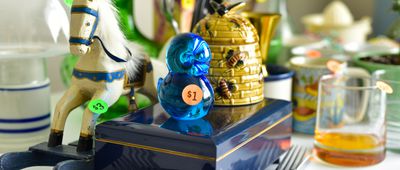Cutting Board Hygiene
Cooking and kitchen videos can be a great way to learn new recipes and cleaning tips. But you’ll also come across fear-mongers on the internet spreading half-baked truths.
One alarming and stomach-turning claim suggests you might as well make a sandwich on your toilet seat because it’s probably cleaner than your cutting board.
But is there any truth to this shocking assertion? Let's get into it.
















